Meghan, Duchess of Sussex, apologises to court hearing her legal case against the Mail on Sunday
The Duchess apologises to court hearing her legal case against the Mail on Sunday and admits she expected a letter to her father would leak.
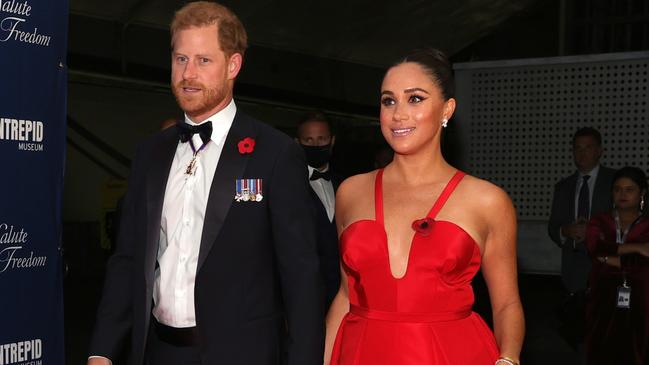
Meghan Markle has apologised to a court for forgetting she had briefed one of her senior Kensington Palace aides to cooperate with the authors of her biography and admitted she penned a private and contentious letter to her father so that if it leaked to the press “it would pull at the heartstrings’’.
In extraordinary developments in the legal battle between the Duchess of Sussex and the Mail on Sunday over the publication of a letter provided to them from Thomas Markle, it has been argued that the Duchess, who has complained about breach of privacy, anticipated the letter would be leaked.

Texts that have been submitted to the court between Meghan and her then communications advisor Jason Knauf show the detailed planning that went into the letter.
Meghan texted Mr Knauf saying: “Obviously everything I’ve drafted is with the understanding that it could be leaked, so I have been meticulous in my word choice. But please do let me know if anything stands out for you as a liability.”
Another text from her says: “Given I’ve only ever called him Daddy, it may make sense to open as such despite him being less than paternal. And in the unfortunate event that it leaked, it would pull at the heart strings.”
Later, Meghan, 40, told the court she had failed to remember authorising one of her aides to brief the authors of her biography in previous evidence.
The Duchess of Sussex apologised for not remembering the exchanges, which have come to light after Mr Knauf’s evidence.
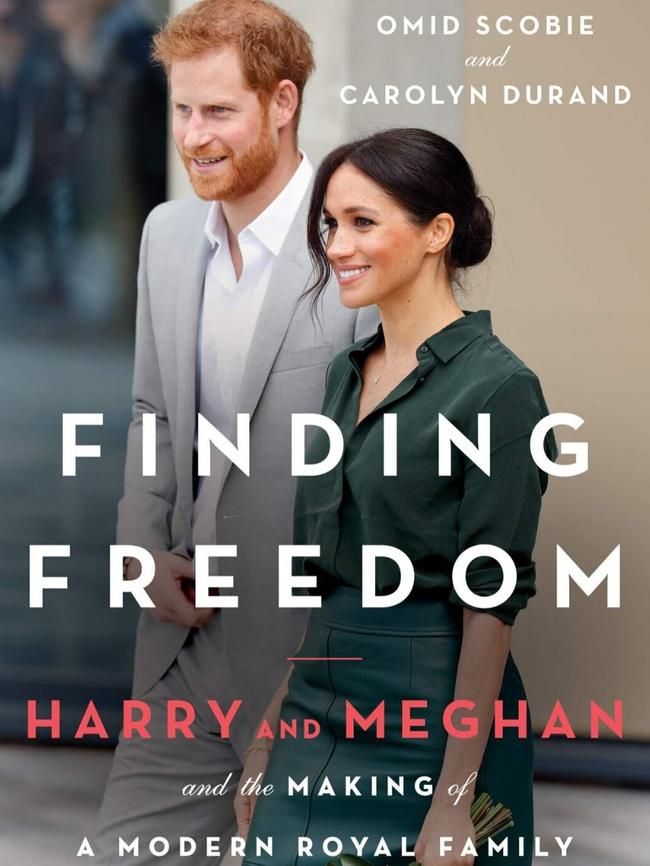
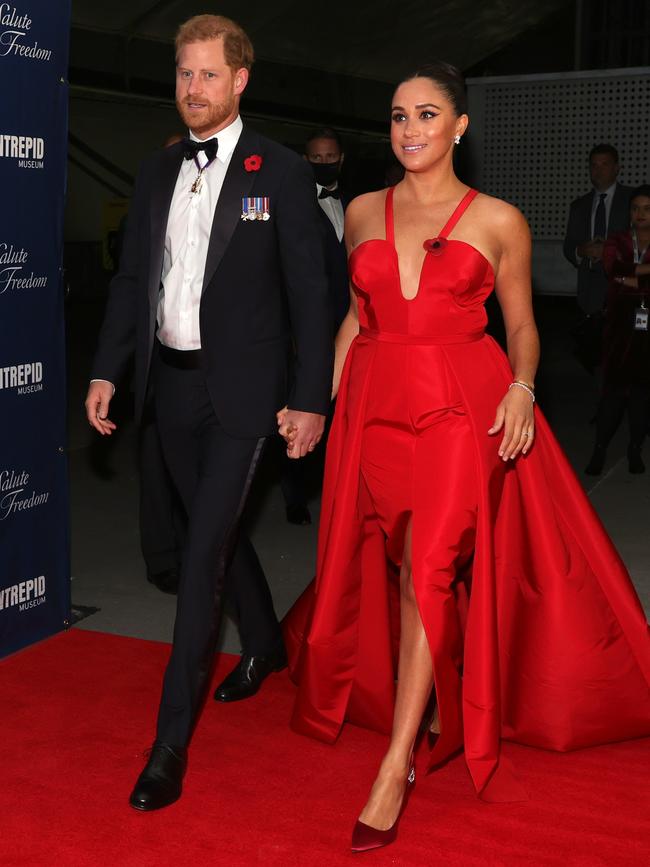
In court proceedings earlier this year the Duchess had insisted that she had not cooperated with the authors of “Finding Freedom”, Omid Scobie and Carolyn Durand.
At the time Meghan won a High Court judgement against the Mail on Sunday for publishing private correspondence, but the matter is now being heard in the Court of Appeal.
Andrew Caldecott, QC, for the publishers of the Mail on Sunday, ANL, said the earlier hearing had been based on a false premise and the new evidence from Mr Knauf raises questions about Meghan’s credibility.
Mr Caldecott said the letter to her father was written with public consumption in mind as a possibility.
This week Mr Knauf told the court that the Duke and Duchess of Sussex had “authorised specific cooperation in writing” in December 2018 in regards to her biography. He said Meghan had submitted various briefing points in writing with him to discuss with the authors about her relationship with her half-siblings and her father Thomas Markle, and details of a row over the tiara she wore to her 2018 wedding.
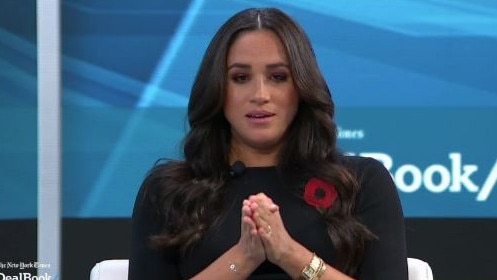
Emails submitted to the court show Mr Knauf advised Meghan and Prince Harry that putting the authors in touch with Meghan’s friends was “not a good idea”.
He advised: “Being able to say hand on heart that we did not facilitate access will be important.”
Harry replied: “I totally agree that we have to be able to say we didn’t have anything to do with it”, but added: “Equally, you giving the right context and background to them would help get some truths out there.” He added: “Also, are u planning on giving them a rough idea of what she’s been through over the last 2yrs? Media onslaught, cyber bullying on a different scale, puppeteering Thomas Markle etc etc etc.
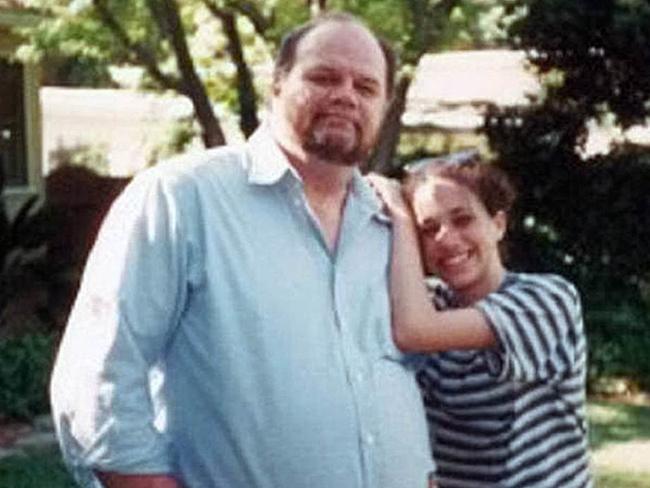
“Even if they choose not to use it, they should hear what it was like from someone who was in the thick of it. So if you aren’t planning on telling them, can I ?!”
Meghan told the court on Wednesday: “I apologise to the Court for the fact that I had not remembered these exchanges at the time. I had absolutely no wish or intention to mislead the Defendant or the Court.”
Meghan said that the background information was a reminder of information Mr Knauf had already requested dating back to 2016 when he had asked for a timeline relating to her family to enable him to engage with the media on enquiries.
Meghan said: “it is also a far cry from the very detailed personal information that the Defendant alleges that I wanted or permitted to put into the public domain.”
The case continues.





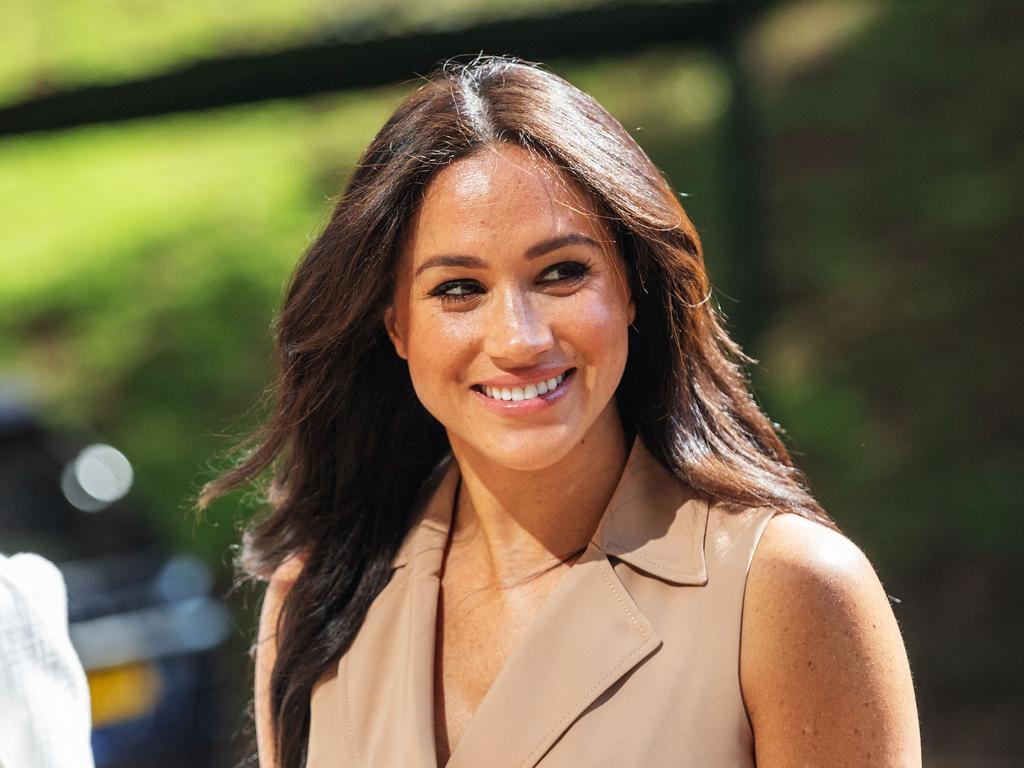


To join the conversation, please log in. Don't have an account? Register
Join the conversation, you are commenting as Logout